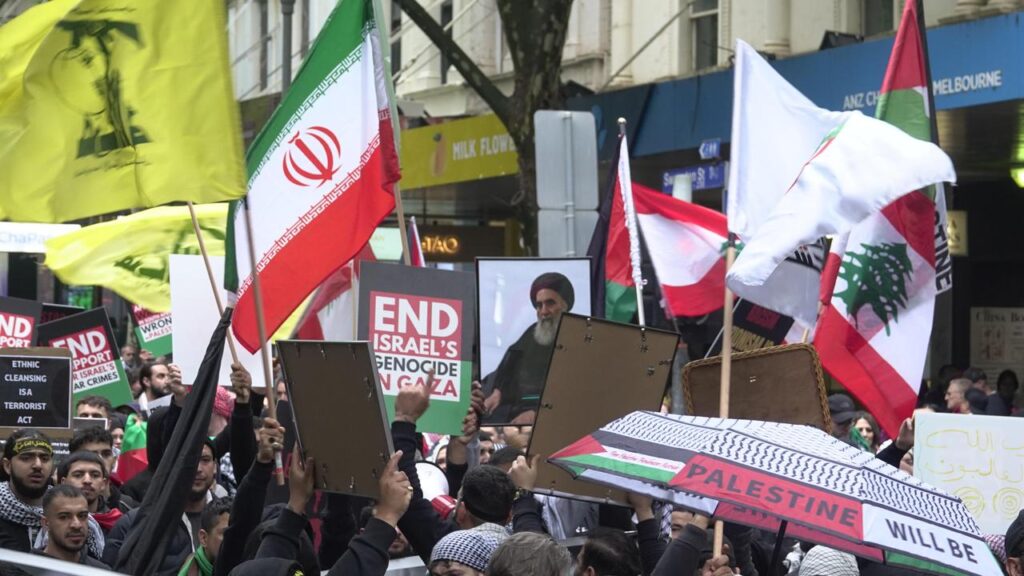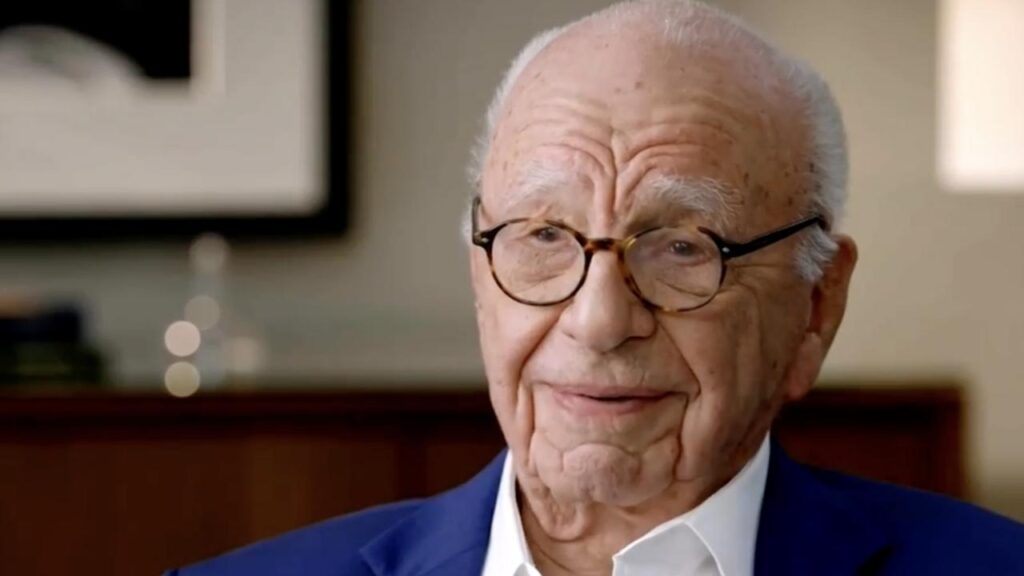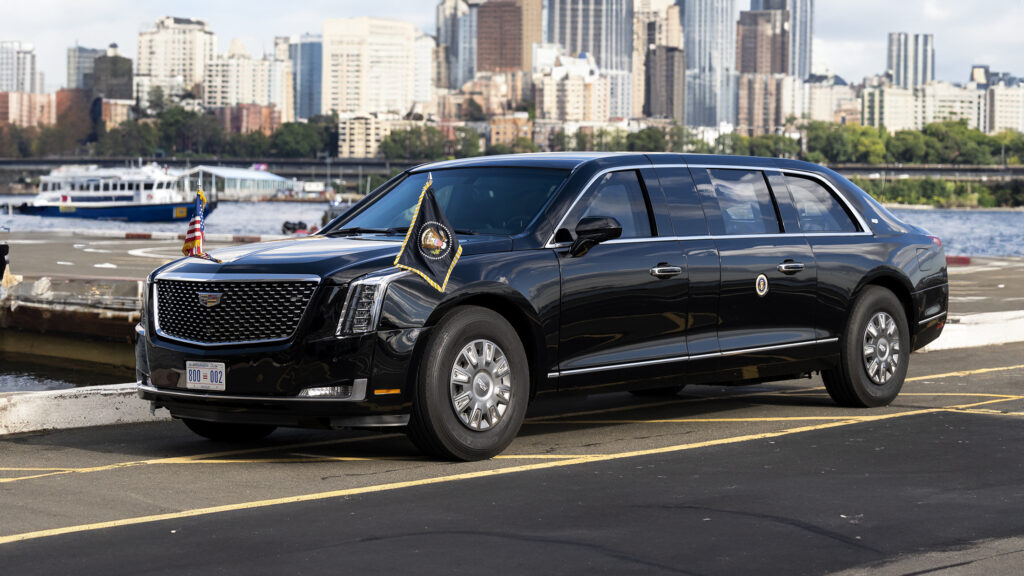Families remember MH17 10 years later
Written by admin on July 15, 2024
The families left devastated by the downing of MH17 have spoken up 10 years after the atrocity to reveal the heartbreaking moments they realised their lives had changed forever.
Jon and Meryn O’Brien lost their son Jack in the attack that killed all 298 people, including 38 Australian citizens and residents, aboard the Malaysia Airlines flight as it flew from Amsterdam to Kuala Lumpur on July 17, 2014.
They said their lives split apart as Jon made a cup of tea.
“We were both excited about seeing Jack,” Jon said.
“We were going to go in that evening and pick him up from the airport. I was planning to clean his car which I’d been borrowing and taking to work.
“I’d polished it once and I was going to polish it again. Woke up at about maybe quarter to, 10 (minutes) to seven.
“And my habit, go and put the kettle on and make a cup of tea. Also in the habit of just putting the radio on at that time as soon as I put the kettle on.
“And I think it was the very first thing talked about – a Malaysian Airlines flight crashing, on the way from Amsterdam to Kuala Lumpur.
“And no survivors. And I think I instantly cried out, yelled, ‘that’s Jack’s plane’.
“And I didn’t know Meryn had the radio on in the bedroom and had heard the same thing.
“So pretty much that was the end of our life as we’d known it.”
In a haunting turn of fate, Jon and Meryn would later learn Jack had almost missed the deadly flight, with the young man running through Amsterdam’s Schiphol Airport to make his flight.
“We hadn’t realised how he actually came quite close to missing the plane,” Meryn said.
“He was progressively moving more quickly and then like doing a little skip to sort of run along.
“The last shot was this like walkway thing.
“And there was no like queuing cause everybody had boarded and it was just like this empty walkway, with Jack from behind, just running by that stage to get on the plane.
“And I just thought, ‘Oh, why didn’t you fall over? Like, why didn’t you break your leg or something?
“I mean, if we’d got a phone call from Amsterdam to say, ‘I’ve broken my leg’, we would’ve thought, ‘Oh, that’s terrible’. You know?
“But now, knowing what’s happened, I just thought, that was terrible.”
The O’Briens’ story forms part of a new five-part podcast from the Australian Federal Police called Search Among the Sunflowers: Looking for Truth in the World’s Biggest Crime Scene, released for the 10-year anniversary of MH17 on Tuesday.
The plane was shot down by a missile as it flew over conflict-ravaged eastern Ukraine, which was held then by pro-Russian separatists.
A joint investigation into the shooting led by the Netherlands, Australia, Malaysia, Belgium and Ukraine concluded the missile system was transported from the Russian Federation to a farm field near Pervomaiskyi in eastern Ukraine.
“At that time, that area was controlled by the separatists,” the investigators concluded.
“After firing, the installation was transported back to the Russian Federation with a missing missile.”
The District Court of The Hague determined Russian military and intelligence operatives Igor Vsevolodovich Girkin and Sergey Nikolayevich Dubinskiy and pro-Russian Ukrainian Leonid Volodymyrovych Kharchenko were guilty of downing the aircraft.
The Hague sentenced the men to life in prison, but the EU does not have an extradition treaty with Russia and the men remain at large.
The mass murder ruptured world politics and crushed the lives of thousands.
Unarmed AFP officers were deployed immediately to the crash zone to identify the Australian victims, repatriate them back home and collect evidence to piece together how the shocking event had happened.
AFP chief scientist Simon Walsh was deployed to the 50sq km crime scene early to begin the painstaking work of identifying the victims through forensic chemistry, DNA and fingerprinting.
“From the onset, we had never encountered an operation like this,” he said.
“It was an incident of enormous scale from the onset. I think also because of its complexity, it was an incident that we worked on for long periods of time.”
Altogether, some 530 people were deployed overseas over the course of the AFP’s 10-year investigation.
For AFP Assistant Commissioner Peter Crozier, the massive allocation of resources was “all about the families”.
“I think you can never lose sight of why we’ve done what we’ve done,” he said.
“And that’s all about the families. As important as the AFP’s role has been … this is about ensuring that those people can understand what occurred, potentially understand how and why.”
Howard and Susan Horder, retirees from Brisbane, were killed returning home from a holiday in Europe.
Their son David tells the podcast about a “special” memory he cherishes from the dark maelstrom of the time.
“There’s some really dark memories but I think the one for me that’s the most special was getting them home,” he said.
“Seeing the Australian military personnel escort my parents, the coffins were draped in Australian flags and placed into the hearses, and for us to watch that and the respect that they were given and the love they were given and then we were able to go and walk up to the coffins and welcome them home.
“And just the gravity of mum and dad being there next to each other with the Australian flags over them and the journey they’d been on to get into Melbourne was quite mind blowing.
“It’s like we got them home, they’re home, they’re safe. And they were just treated so beautifully and with so much respect.”







